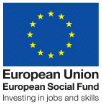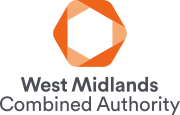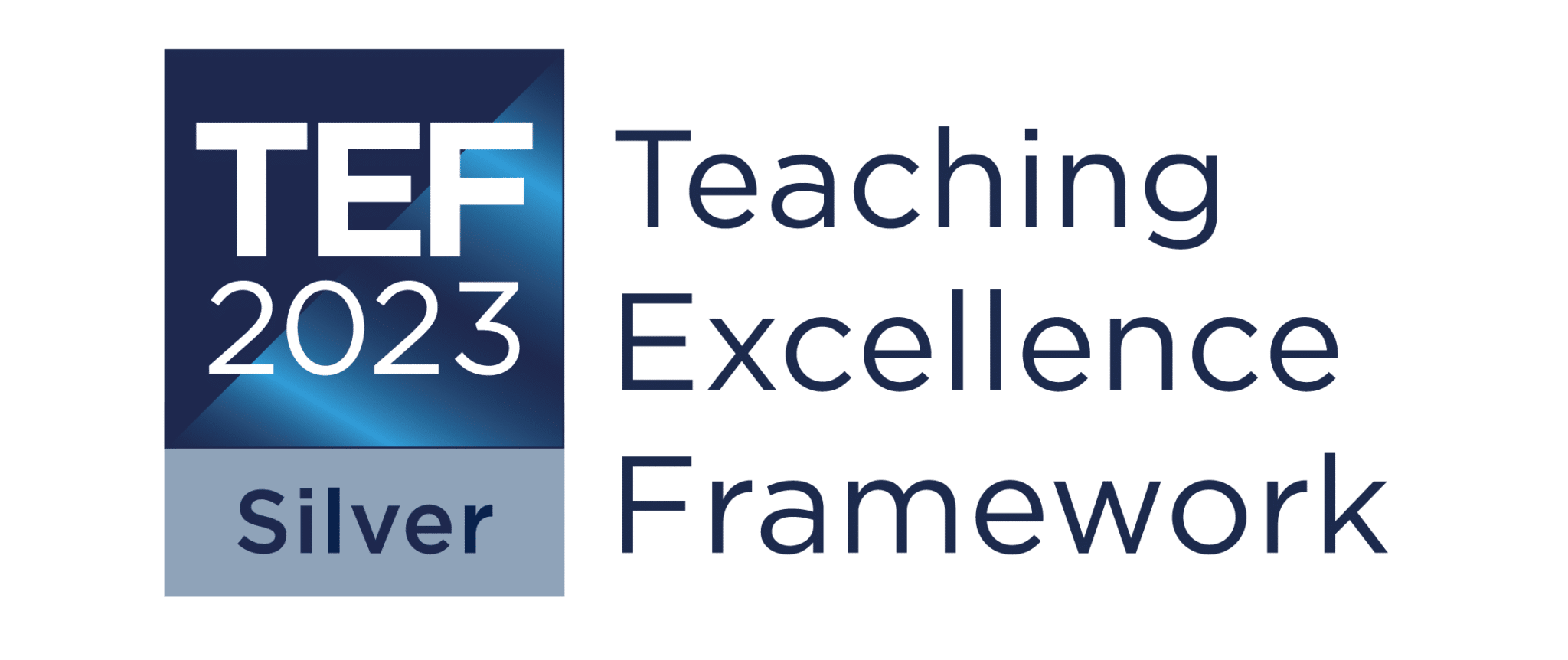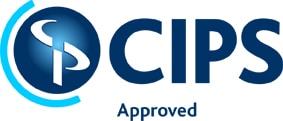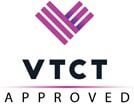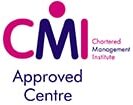Equality, Diversity
& Inclusivity
Solihull College & University Centre is proud to have a culture where difference is respected and diversity is celebrated.
As a provider of education and training, Solihull College & University Centre makes a genuine and realistic commitment to continually ensuring equality, valuing diversity and promoting inclusivity and raising awareness of these matters both within and outside of curriculum settings to challenge and minimise discrimination and prejudice in all of its forms.
Our Values
Our guiding principles are a commitment to be:
Inspiring
Motivating others to excel
We recognise and celebrate achievement, and empower staff and learners to exceed their perceived potential.
Innovative
Transforming our ideas
We seek continuous improvement, and use innovation to adapt to change.
Responsible
Making things happen
We are open, honest, and take full responsibility, individually and collectively, for our decisions, actions, performance and results.
Caring
Making a difference
We care about the wellbeing of our staff, learners and communities by trusting, listening to, engaging with and supporting each other.
Collaborative
Working together to achieve shared goals
We operate as one team, valuing the contribution each of us makes.
Respectful
Welcoming others into our college community
We celebrate the difference and diversity. We value others and recognise that their thoughts and feelings are as important as our own.
Equality & Diversity Annual Report
Since 2012, Solihull College & University Centre has been dedicated in producing annual Equality & Diversity reports. The annual reports focus on the work of the College in respect of its equality & diversity activities and responsibilities covering the academic year.
See our previous and latest reports:
Where our Full-time Students Come From
A significant number of SCUC’s full-time students come from outside of the Solihull Borough. This profile of the College changes very little from year to year.
| Area of Residence | Number of Students | Percentage of Students |
|---|---|---|
| Birmingham | 2861 | 50% |
| North Solihull | 534 | 9% |
| Other | 533 | 9% |
| South Solihull | 1174 | 21% |
| Stratford-upon-Avon | 647 | 11% |
Half of our full-time students are from widening participation (WP) areas (i.e., areas of socio-economic deprivation and underrepresentation defined by post code).
What is the difference between equality, diversity, and inclusivity and how does SCUC honour each?
Equality
Equality is ensuring that no single individual or group is treated differently or discriminated against as a result of their protected characteristics.
We welcome all students, regardless of age, race, ethnicity, religious belief, gender, sexual orientation or disability.
Diversity
Diversity is about exploring the differences between people and groups and valuing these differences.
We are a college community of over 90 nationalities/heritage groups amongst our students and 45 amongst our staff. The Cultures of the College event invites Students and staff to celebrate our college’s diversity through events at each campus.
Inclusivity
Inclusivity is a collective process of engaging and empowering each individual and creating a culture of respect, support, welcoming, and belonging.
This process needs to be visible and its impact must be just as visible.
Our enrichment sports offer is accommodating of all. We offer fifteen weekly sport sessions which are both main-stream and inclusive. Our goal is to provide sessions for under-represented groups which include females, BAME, students with a disability, and students from low socio economic backgrounds.
Equality & Diversity Steering Group
Membership
Our membership is reflective of the various departments within the college. Teachers, support staff, managers and members of our Student Voice Executive Committee are all equal contributors to our committees and represent their respective areas.
The Equality and Diversity Committee receives regular reports on student and workforce data, including:
- Student equality and diversity profile.
- Student application to enrolment by ethnicity gender and disability.
- Student success rates by ethnicity, gender and disability.
- Staff equality and diversity profile.
- Staff recruitment profile.
All data can be found in our latest available report.
The steering group meetings provide a positive forum for discussion, debate and initiatives on the College’s approach to equality and diversity.
For example:
- The introduction of Gender neutral toilets .
- Review and agreement on the College’s annual equality objectives.
- The content of tutorials in relation to E & D.
- The proposal brought by the Student Voice Executive Committee to hold a Women’s conference
- Consideration of E&D student data, for instance on early student withdrawals, students ‘at risk’, student disciplinary data.
Related News
Our Equality Objectives
Objective
Achieve a staff profile that reflects the student population and therefore provides the best experiences for our learners and staff.
Why
Our student population tends to comprise around 35% BAME students. Our staff profile is currently at 19%.
We will do the following:
- Do more to publicise through our website our student and staff profile (to challenge the view of Solihull and Stratford College campuses)
- Promote the benefits of working at the College
- Talking heads promotions of current staff and students
Objective
Achieve a profile at leadership and management level that reflects the current staff profile, and then the student profile.
Why
Our staff profile is currently at 19.34% BAME, our mgmt profile at 12.50%.
Our gender pay gap can be attributed to a lower proportion of female staff in the upper quartile than in the other three quartiles.
We will do the following:
- Sponsorship and monitoring schemes for staff.
- Recruit to senior posts through BLG affiliated recruitment companies.
- Analysis of recruitment data from application through shortlisting to appointment.
- Anonymised applications.
- Further exploration of any barriers to women being appointed to management posts.
Objective
Take positive action to address the under-representation of black apprentices.
Why
The national regional and College profile of apprentices shows a stark under representation of black learners compared to other provision types.
We will do the following:
- Work proactively with employers and challenge where we feel there is racial bias.
- Actively market positive role models to employers and potential new apprentices.
- Work collaboratively with Colleges West Midlands on the project to increase the number of black apprentices.
Objective
Review the FE curriculum and our teaching approaches to ensure learning reflects contemporary British values, the influence of colonial history on society and recognises the positive contribution BAME people have made and continue to make.
Why
We need to meet the challenge in securing the inclusion of Black, Asian and minority ethnic themes and experiences across the curriculum.
We will do the following:
- Creation of an anti-racist curriculum model, focusing on:
- Attributes for anti-racist
- Cultural celebrations
- Cultural norms/awareness
- Re-design curriculum to model through workshops .
- Develop a ‘Quick-to-Act’ Curriculum, in which we provide space each week to discuss emerging events and check that issues are balanced and include race-related themes.
Objective
To ensure that anti-racism and anti-discrimination is central to our CPD.
Why
To achieve a fully inclusive learning environment, staff need to be equipped to deal with issues, particularly around race and race equality, and more widely, inclusivity.
We will do the following:
- Briefing staff on our journey to advance anti-racism at Solihull College & University Centre.
- Governor awareness and development on inclusivity.
- Staff awareness and training on anti-racism, including language.
- Creating anti-racism champions.
- Training curriculum staff to be confident in delivering mainstream curriculum and tutorials and assessing the effectiveness of the training through learning walks.
- To work through the findings and recommendations of the Leaders Unlocked action plan of racial justice.
Objective
To further develop a College environment that is safe, inclusive and encourages all staff and students to bring their whole self to College, with a particular focus on LGBT+ students.
Why
Anecdotally, through feedback from our Pride group, we are aware that students may be reluctant to be honest at enrolment about sexual orientation.
We will do the following:
- Provide the opportunity for students to revisit their personal data in year whilst at College.
- Publicise to potential and existing applicants the inclusivity of the College, our Rainbow Flag award and the work of the student Pride group.
- To achieve re-accreditation of the Rainbow Flag Award.
- To provide a safe space for students to talk about sexuality and other sensitive issues and to ensure students are provide with appropriate support.
- Understanding, through the College West Midlands project on racial equality, how mixed heritage learners are engaged with and how we can support a sense of identity.
Objective
Further develop cultural awareness
Why
Research project commissioned by the College recommended more opportunities for staff to engage with and celebrate other cultures. The College has seen the value of events for students in advancing inclusivity and diversity.
We will do the following:
- Senior Sponsors for our staff networks
- Cultural and other awareness events for staff (including TED talks)
- To work through the findings and recommendations of the Leaders Unlocked action plan of racial justice.
The college’s commitment to LGBT+ Inclusion
Our college is a safe and inclusive place for LGBT+ learners with a range of inclusion initiatives in place:
- We have a Pride Club for LGBT+ students that meet weekly.
- As part of the Student Voice Executive Committee, we have a dedicated LGBT+ officer who works to ensure that LGBT+ voices are heard and represented.
- LGBT+ issues are regularly discussed at E&D steering group meetings.
- We raise awareness and celebrate key events throughout the year such as LGBT+ history month, Pride, International Day of Trans Visibility and more.
The Rainbow Flag is a national quality assurance framework for education providers that focuses on positive LGBT+ (lesbian, gay, bisexual, trans, plus other related identities) inclusion and visibility.
The college is proud to have been awarded the full Rainbow Flag Award for its LGBT+ inclusion work. To achieve the award, the College had to provide evidence of work carried out in six different key areas: skilled teaching, supportive parents and governors, effective policies, inclusive curriculum, pastoral support and student voice.
Useful Links
Useful Links for Parents
Stonewall
Stonewall answer frequently asked questions by parents of LGBT+ young people.
Birmingham Parents Support Group
Birmingham Parents Support Group (BPSG) is a voluntary organisation of parents of gay and lesbian children. BPSG offer support to other parents and families when they discover a family member or friend is gay. The group meet bi-monthly at New door, Oliver Bird Hall in Solihull.
FFLAG
FFLAG is a national voluntary organization and registered charity who offer support to local parent’s groups and contacts in their efforts to help parents and families understand, accept and support their lesbian, gay, bisexual and transgender members with love and pride. FFLAG volunteers are parents of lesbian, gay, bisexual or trans children supported by other volunteers.
Birmingham LGBT
Birmingham LGBT’s objectives are to raise awareness of the needs of lesbian, gay, bisexual and trans (LGBT) people in Birmingham and beyond, to advocate for their needs to the wider community and to promote opportunities to LGBT people in Birmingham and beyond to enable them to fully participate in the lives of their community.
Gendered Intelligence
Gendered Intelligence work with the trans community, and those who have an impact on trans lives. They specialize in supporting young trans people aged 8 to 25.
Mermaids
Mermaids support transgender, non-binary and gender-diverse children and young people until their 20th birthday, as well as their families and professionals involved in their care also offers support for parents of trans young people. They also offer a web chat support service to students up to the age of 25.





